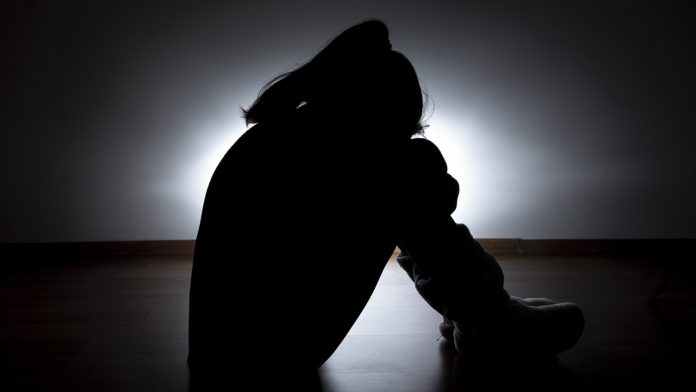
According to a new study, online therapy and smart devices can help identify and treat symptoms of depression and anxiety.
Amid a shortage of therapists, more people are seeking digital interventions to treat mental health problems. Through these digital interventions, elements of psychological treatment are offered via computer programmes and mobile applications.
Combating the global shortage of therapists
Over 400 million people worldwide are affected depression and anxiety each year, and the COVID-19 pandemic has increased the prevalence of mental health problems. Simultaneously, a global shortage of psychotherapists has occurred. Digital interventions, where patients can access online therapy, have been proposed as a potential solution to the shortage
Researcher Isaac Moshe, from the University of Helskinki, examined the effectiveness of digital and online therapy in treating mental health problems in his doctoral thesis in the field of psychology, with a particular focus on depressive symptoms.
In the study, Moshe investigated whether symptoms of depression and anxiety could be identified through data collected by smartphones and wearable devices. A total of 60 adults who used iPhone, or an Oura Ring participated in the study.
Smartphone GPS data was used to predict the user’s depressive symptoms. The data showed that patients who had more depressive symptoms tended to repeatedly visit the same locations, compared to those with less depressive symptoms who had more variability.
The data collected by smart rings indicated revealed that people who slept longer and spent more time in bed were more likely to have depressive symptoms. The ring data also showed that the more frequently people woke up at night, the more symptoms of anxiety they had.
“This study contributes to a growing body of evidence on how data from smartphones and wearable devices might be used to identify people with symptoms of depression and anxiety. Although the use of data collected by smart devices is new to the mental health sector, it is not unrealistic to imagine a future where data like this is used, for example, to alert doctors to changes in their patients’ health status or to help people monitor their own mental health,” said Moshe.
The study also featured an extensive international collaboration that assessed the effectiveness of digital and online therapy in treating depression. This was done by conducting a meta-analysis of all previous studies on the subject. These digital interventions typically included videos, interactive exercises or text to deliver the core components of psychotherapy, which are then condensed into an online programme or smartphone app.
The dataset was included 83 randomised controlled trials conducted between 1990 and 2020 with a total of 15,530 participants.
Online therapy alleviated depressive symptoms
The findings showed that digital interventions could provide relief from depressive symptoms if they were offered in public or private healthcare settings. Digital and online therapy alleviated symptoms in people across all ages, regardless of depression severity or physical comorbidity.
The study revealed that digital and online therapy was more effective in children and adolescents than in adults. Moshe points out that human support alongside the digital interventions was a vital part of people completing the programmes. The researchers were unable to conclude with any certainty whether digital interventions were indeed as effective as face-to-face psychotherapy, as so few comparative studies on the subject has been completed.
“They lower the barrier to accessing treatment, enabling anyone with a computer an internet connection to benefit from psychotherapy at a time and place that is convenient to them. Digital interventions also require much less time from therapists than traditional therapy, making it possible to shorten waiting lists and treat more people,” concluded Moshe.









